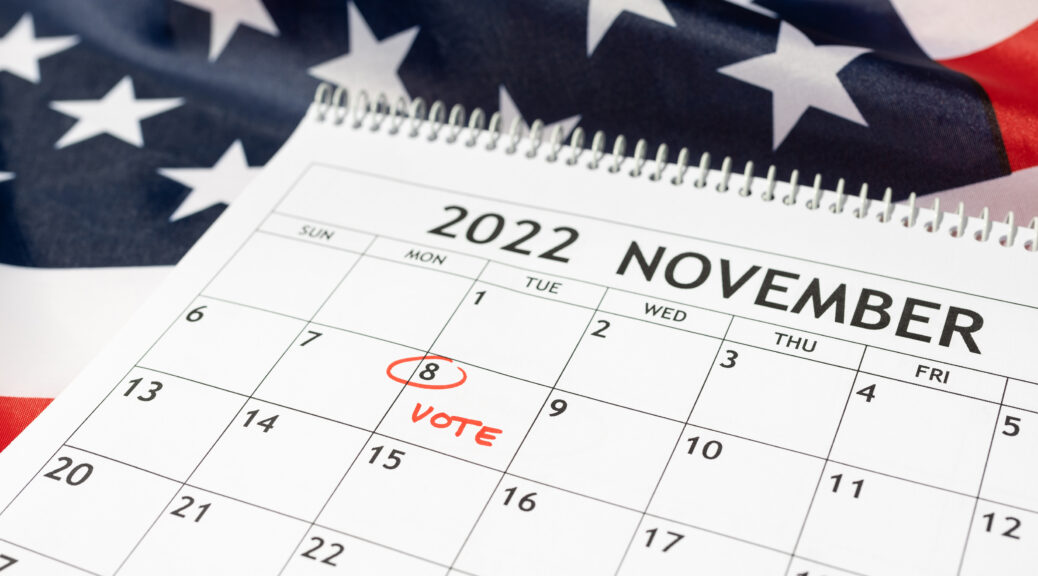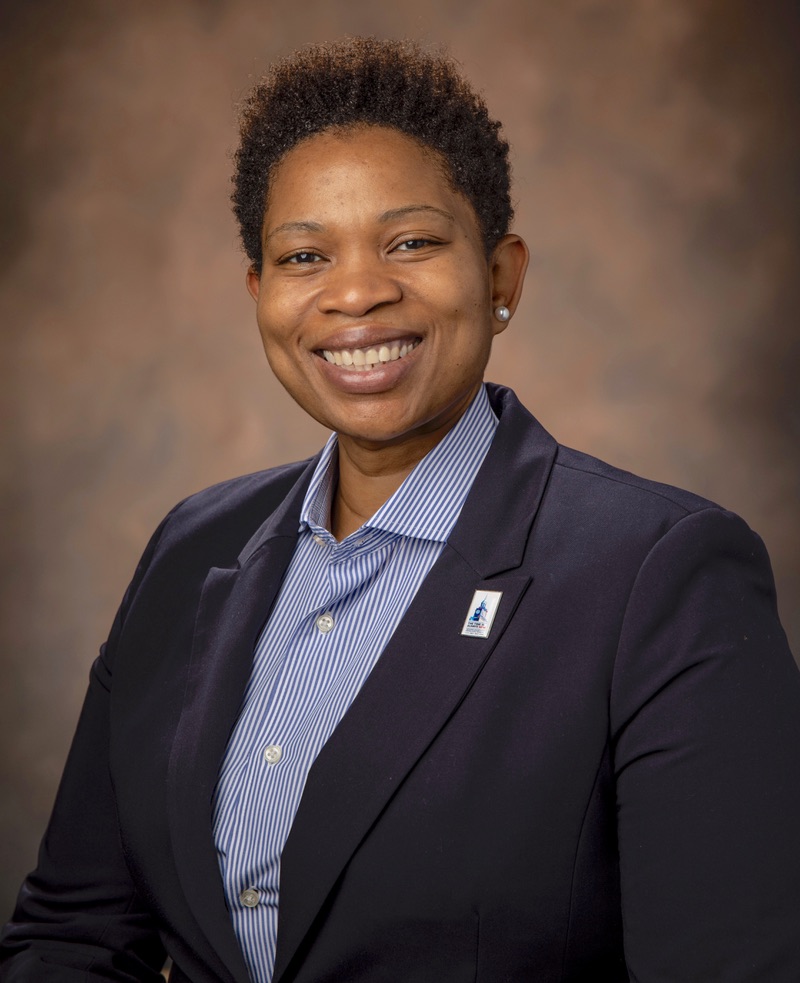NASHVILLE, Tenn. (TSU News Service) – With the extreme divide between Democrats and Republicans, and a “major strain” on the democratic process, a Tennessee State University political scientist says this midterm election will determine where “our political values truly lie” as a country.
“Our current political climate is one of the most intense moments that we have experienced in some time as a nation,” says Dr. Shameka N. Cathey, assistant professor of political science. “As we emerge from a global pandemic, while facing an economic recession and concern over climate change, our everyday existence – the very basic things in our lives – from gas prices to education, to inflation and healthcare are key political issues in this moment.”
An estimated 125.6 million Americans are expected to turn out for November’s midterm elections, according to a national pollster. Voters are coming out in full force, with 25 million who have already cast their ballots in early voting, as of Oct. 31. With the stark differences in how to lead the country forward, Cathey says she understands why voters are coming out in huge numbers. Democrats want to hold on to power, while Republicans aim to change that.
“If there is a shift in the current makeup of the House, Republicans can block the President’s agenda for the rest of his term. Everything from student debt release, women’s right to choose, police reform, and healthcare will be on the line,” says Cathey.
She adds that with a flip in the entire makeup of Congress, Republicans will pass their own legislation, block any of Biden’s Supreme Court nominees, if that were to happen again, and stop any important investigations into former President Trump. Republicans will also be in a better position for a 2024 Presidential candidate, she says.
Jaiden Walker, a second-year political science student from Selman, Alabama, agrees that with the issues at stake, he’s not surprised at the record number of people expected to vote in the midterm. He calls on his fellow students to participate in the process, as “difference makers.”
“I think that midterm elections always have important implications in the day-to-day lives of Americans,” says Walker. “It is important for students to participate because that’s one major way we can effect change by expressing our rights.”
Historically, the outcomes of midterm elections have not been so favorable to the party in power. Could this term be any different? Cathey says with the surge in early voting and other factors, the outcome could go either way.
“The tendency in midterm elections is to favor the out party due to what is called surge and decline theory,” she says. “Presidential elections often bring a surge of voters who are less partisan, and those voters stay home (decline) in the midterm elections. A change in direction could come from motivated voters due to Biden’s party pledge to protect abortion rights, student debt forgiveness, and his social and economic agenda.”
Cathey also says several Republican candidates are being viewed as vulnerable. States like Georgia, Ohio, Arizona, and North Carolina can be a tossup for either party. In Georgia, for instance, more than 1.6 million have already cast their votes, according to recent projections.
Election day is Nov. 8. Early voting is underway in many states, including Tennessee.




